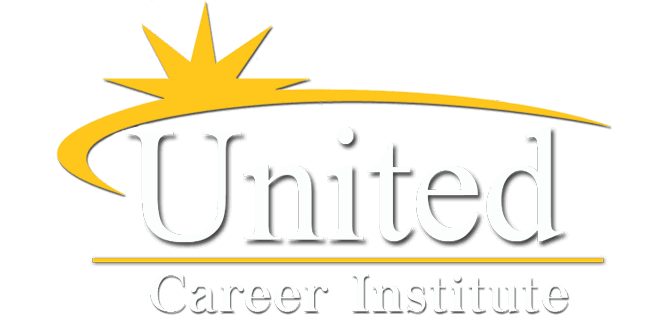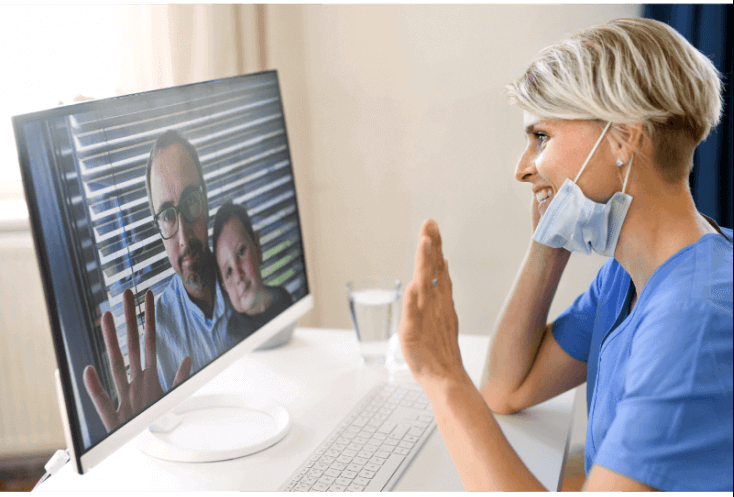The COVID-19 pandemic has changed many things in our daily lives. Those who are healthcare workers have experienced an even more significant number of changes that have affected their professional lives.
The growth of telemedicine, the increased focus on sanitation and cleanliness, and the shortage of healthcare professionals are changes that the COVID-19 pandemic has partly caused. Read on as we share more information on each of these shifts!
Growth of Telemedicine
If you are unfamiliar with the concept, you may be wondering, what is telemedicine? Telemedicine is defined as the use of telecommunications and technology to assess, diagnose, and treat patients remotely.
For example, if you wake up with a weird rash and decide to schedule a virtual visit with your healthcare provider, you will likely have a video call to complete the visit. Your healthcare professional will go through the same set of questions that they would at an in-person appointment. They will want to know things like how long the rash has been there, if anything specific caused it, and may even ask you to show it to them on camera. Then, they will provide the appropriate treatment, such as calling in a prescription for a rash cream to your local pharmacy.
This type of patient assessment and treatment has become much more common due to the COVID-19 pandemic. Telemedicine allows healthcare providers to treat patients from the comfort of their homes, which can stop the spread of illness for those who are contagious since they do not have to leave their homes to receive care. It also allows healthcare providers to reach patients in more rural areas who may not be able to travel to appointments.
According to a report from McKinsey & Company, telehealth usage has increased 38 times from what its usage levels were before the pandemic. This means there are more opportunities now than ever before to work in telemedicine.
If you are considering a career as a healthcare worker in a position like practical nursing or medical assisting, you may one day treat patients in a telemedicine environment.
Focus on Sanitation
As the COVID-19 pandemic began, an increased focus on sanitation and cleanliness quickly started as well. There are sanitation and cleanliness standards for essential healthcare workers that must be practiced while on the job for infection control.
Even at home or in public spaces, healthcare professionals and everyone else have experienced this increased focus on sanitation. For example, it’s recommended to wash your hands for at least 20 seconds with soapy water many times per day to stop the spread of germs.
For buildings in community settings, the CDC recommends cleaning high-touch services at least once per day. Some examples of these surfaces include countertops, light switches, desks, keyboards, shopping carts, and phones.
For those who work in healthcare, you will need to consistently practice sanitation and cleanliness standards to avoid the spread of germs while on the job and in your personal life.
Shortage of Professionals
Even before the COVID-19 pandemic began, there was a growing shortage of healthcare professionals. With the aging baby boomer generation needing more care and the increased access to healthcare created by legislative changes within the past decade, the need for qualified healthcare professionals has been growing for some time.
One example of this growth is for practical nursing professionals. The Bureau of Labor Statistics estimates that the projected growth rate for practical nurses from 2020 to 2030 will be 9%, and there will be an average of 60,700 job openings for LPNs each year in the United States.
When COVID-19 hit the US, it increased the need for healthcare professionals even more. With hospitals and other healthcare facilities providing care to a larger number of patients, many are experiencing a critical shortage of healthcare professionals.
Due to these shortages, some healthcare facilities have increased the salary for qualified professionals and even started offering sign-on bonuses. With this continuously growing need for healthcare professionals, now is the perfect time to start a career in the medical field.
If you’re ready to get started in this growing industry, we’re here to help! Learn more about our healthcare training programs in Practical Nursing, Medical Assisting, and Medical Billing/Administration today.
Request information now to get started on your path to a healthcare career!

